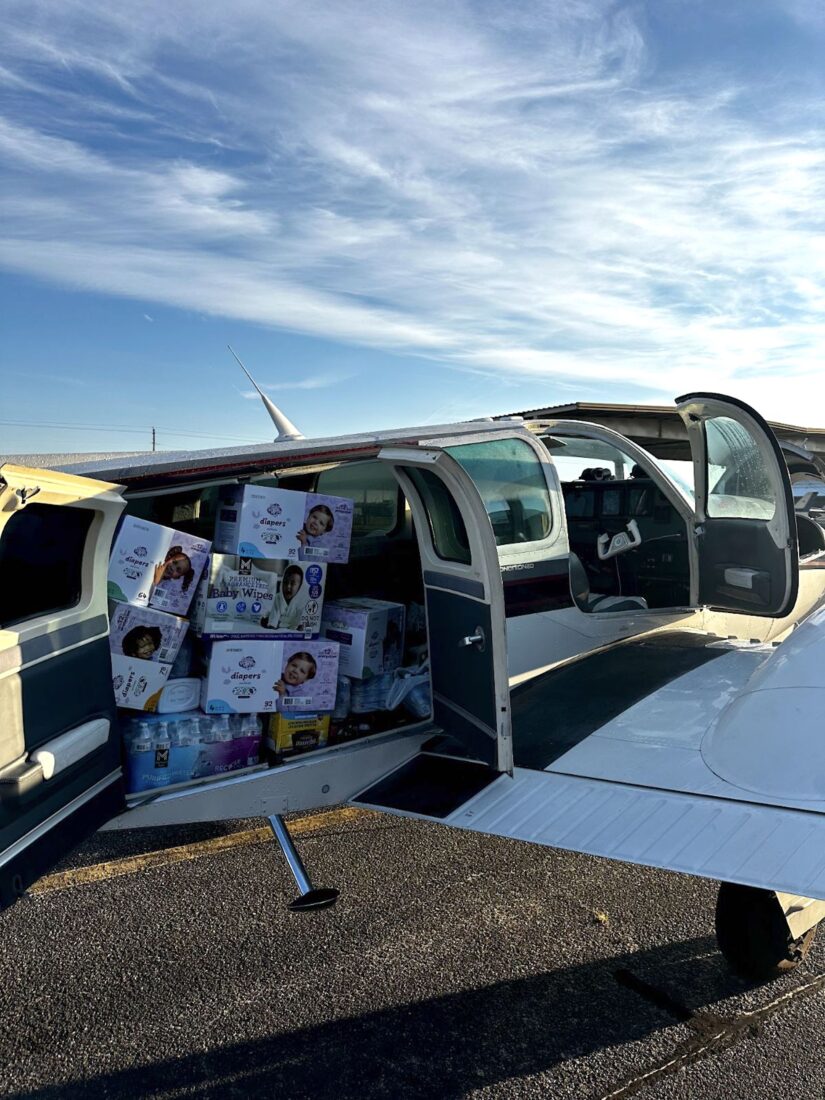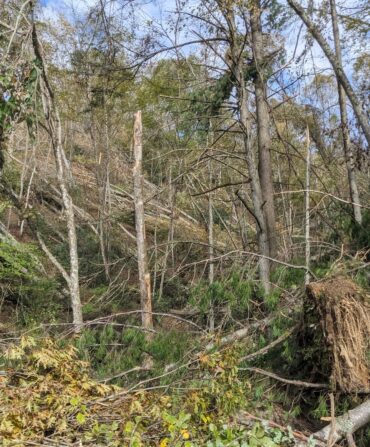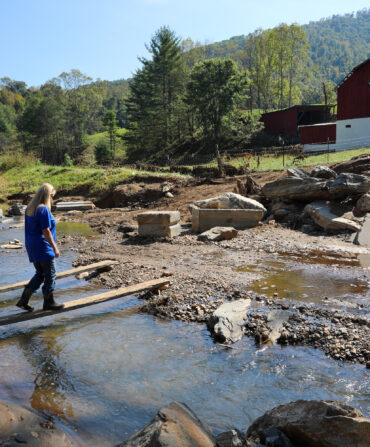Before Marshall Chipley could land his twin-prop Beechcraft Baron at Johnson County Airport near Tennessee’s far-eastern borders with North Carolina and Virginia on Tuesday afternoon, a local crew had to grab shovels and clear the runway of ten inches of muddy silt deposited by Hurricane Helene.
As cases of water and boxes of diapers were offloaded, the local sheriff told Chipley that the first FEMA representative had visited the hard-hit county earlier in the day, but he couldn’t provide a firm prediction on when the federal emergency agency would arrive on the scene in any force. With that in mind, Chipley, who lives in Florence, South Carolina, flew four more runs to Johnson County before dark.
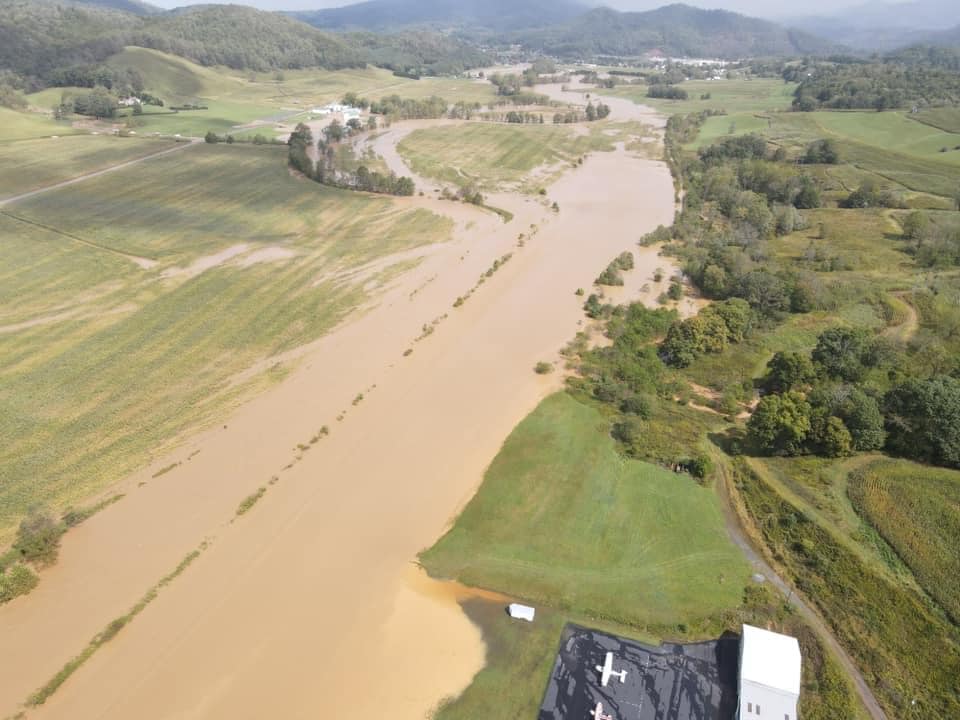
He is one of about two hundred private plane and helicopter pilots being coordinated out of Concord, North Carolina, by Operation Airdrop, a Texas-based nonprofit founded in 2017 in the aftermath of Hurricane Harvey. “With access to our company’s plane, I can reach places that others can’t,” says Chipley, whose days are more typically spent working for a family-owned construction business. “When Helene was on the way, we were expecting to be flying to the Gulf Coast, not Western North Carolina, but I love the chance to help people. We all see disasters around the world, but this I can help with.”
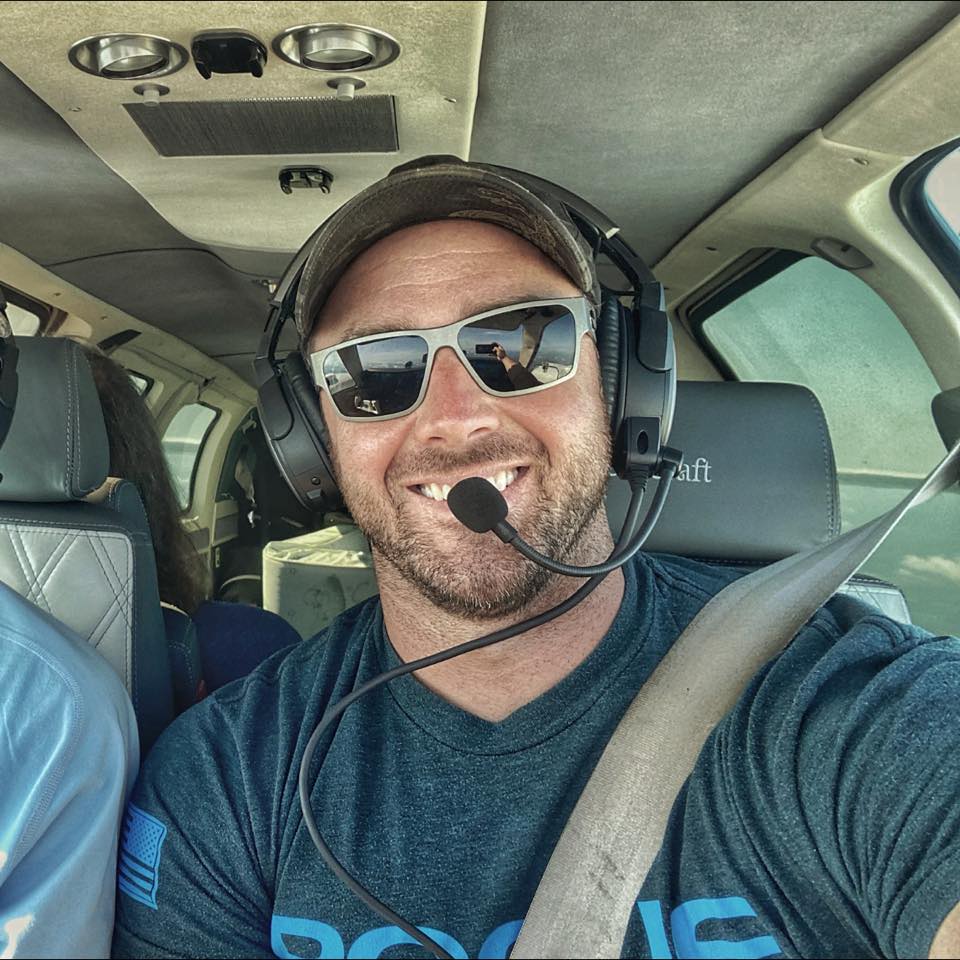
With his father in the copilot seat, Chipley flew from Florence to Concord early Tuesday and was immediately loaded with 750 pounds of food, water-purification kits, batteries, and chainsaw components to deliver to Asheville, where an Operation Airdrop team transferred the goods onto helicopters that could travel the last mile to storm-isolated communities. That was immediately followed by two similar runs to Gatlinburg, Tennessee, before he spent the rest of the day striving to bring as much relief as possible to Johnson County.
“Concord to Johnson County is a twenty-five-minute trip, climbing up to eight thousand feet just to get above the mountaintops and then quickly descending below them on the approach,” says Chipley, who has logged two thousand flight hours since earning his license in 2018. “It’s varsity flying—you’re not sending novice pilots on that run.”
In coming days, he will fly more loads to Johnson County or wherever Operation Airdrop points him. A new supply he expects to transport is Benadryl, which is being requested by ground crews being attacked by swarms of bees and hornets while clearing storm-downed trees.
From his bird’s-eye perspective, he has observed the mud and collapsed roads left by receding waters. But moments of contact with local ground crews have left the deepest impression, including an unexpected interaction with a county inmate on the crew that cleared the Johnson County runway. “He came up and asked if I was going to post the photo I’d taken of them,” Chipley says. “I told him not if he didn’t want me to, but he said he’s been locked up for years and wants his mom to see him doing something good. That guy has had a rough path, but he’s proud of what he’s doing for his community right now.”

